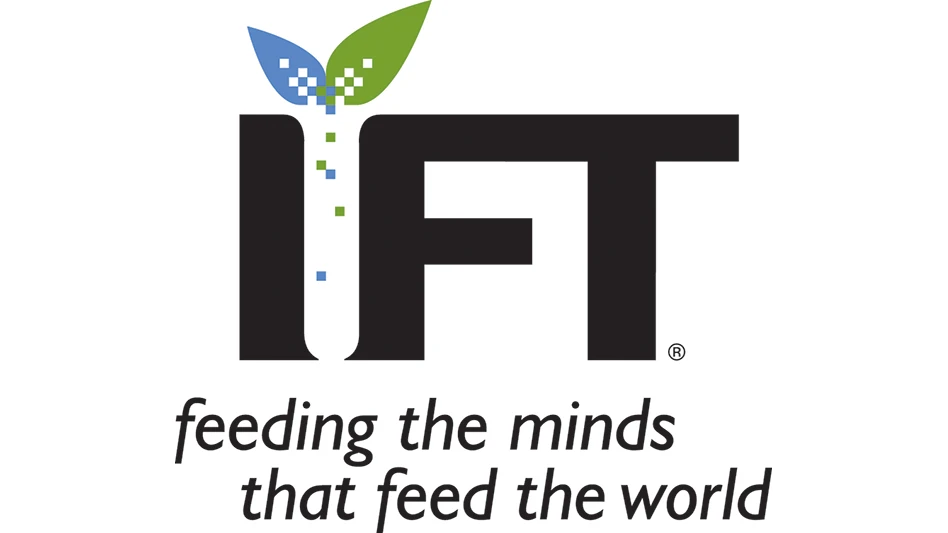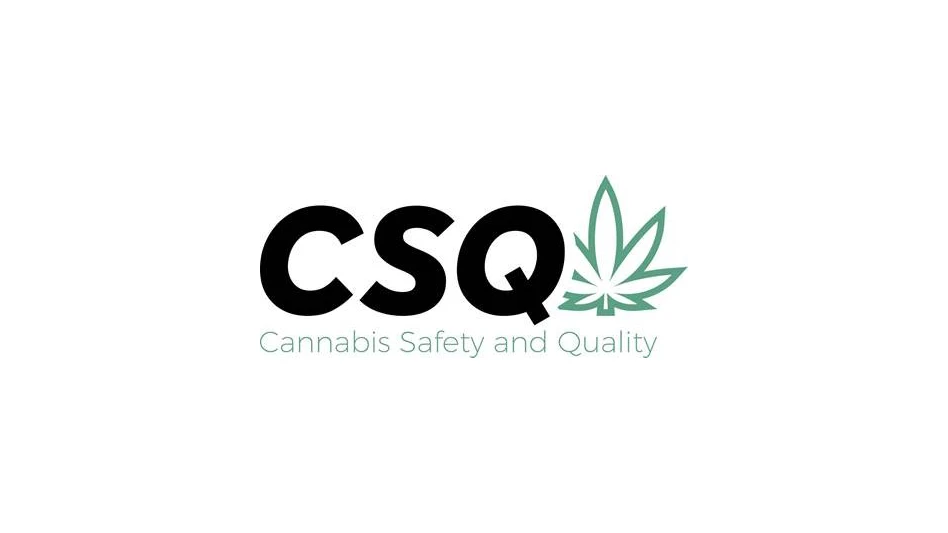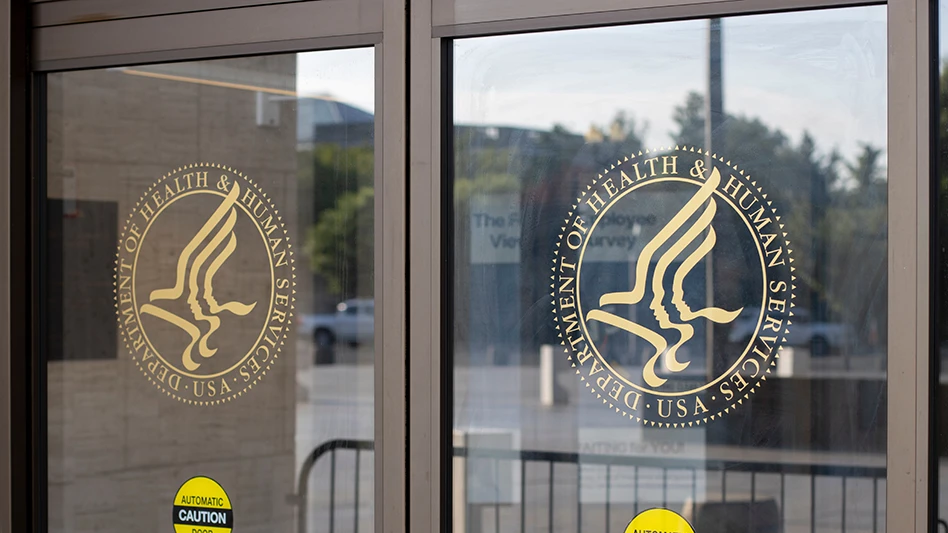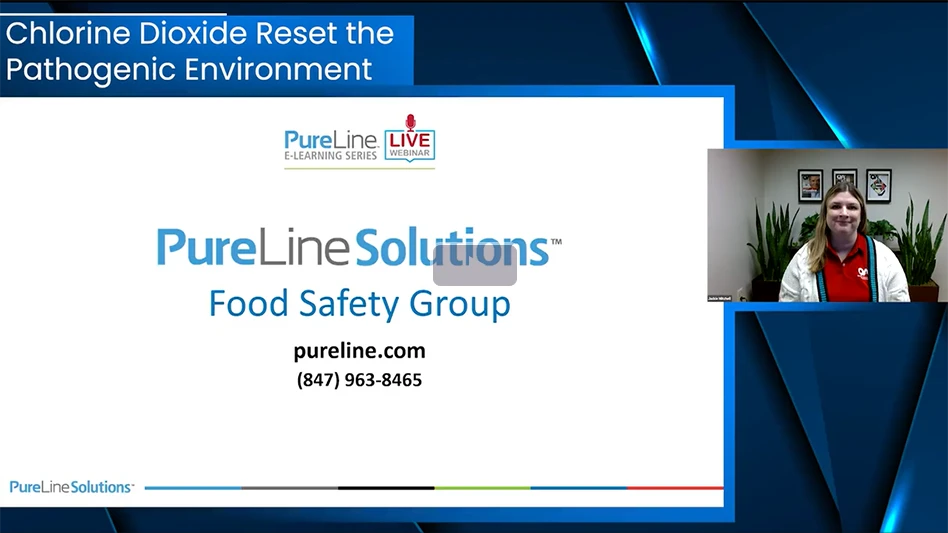
One of the most important things we’ve done is create a culture of food safety — a culture where the consumer is always the priority.
While food safety and quality is not a new topic for Abbott, it’s an area that is being viewed differently now by the food industry due to the FDA’s Food Safety Modernization Act (FSMA). The implementation of FSMA in the U.S. represents a shift in the focus on food safety from reaction to prevention.
At Abbott, we believe one of the most important things that food and beverage processors should be doing to ensure compliance with FSMA is effective communication across the organization. Everyone must know what compliance means, what it looks like in execution, and why it’s important. With a good understanding comes the ability to take the right action at the right time and ultimately become a practitioner of prevention versus reaction.
To maintain our culture of food safety, we focus on three main concepts:
- A robust food safety plan. Each of Abbott's nutrition manufacturing sites has a plan that identifies potential hazards, the corresponding preventive controls, and the assignment of who controls each action. Employees are trained in the development and application of risk-based preventive controls and execute the site’s food safety plan. For each preventive control, the plan designates who is responsible to address these hazards.
- Behavior-guiding principles. In 2014, Abbott's nutrition supply chain functions unveiled an employee initiative called “The Pledge.” The Pledge is a set of behavior-guiding principles that influence our employees’ day-to-day lives. In the two-plus years since implementing the Pledge, there has been a strong cultural shift as employees adhere to, embrace, and apply the behaviors at work.
- Product protection around the world. For several years, we have been running a program in our supply chain called Protect our Product (PoP). We created it with the intent to protect our customers, our brands, and the quality of our products through risk management.
Abbott's nutrition employees are prepared in advance, should any food safety issue arise, and they can anticipate potential risks. For example, having an understanding of the risk of extraneous materials found within a commodity is important when manufacturing products like snack bars with peanuts. Because we know that shells or stones could potentially be found mixed in with raw peanuts, we take the appropriate actions to ensure they’re not in the final product.
The Pledge elements relate to fundamental behaviors that are important in a large, global supply chain organization, such as demonstrating leadership skills, being accountable for work, and driving improvement every day. All of these behaviors are critical in fostering a strong food safety culture of excellence because they are the foundation upon which decisions are made and actions taken.
When there’s alignment around common behaviors, it’s clear what’s expected of every employee to ensure quality throughout the supply chain. By having this united food safety culture of excellence in place, transitioning to the new FSMA regulation is a logical next step, not a change in direction.
The program ensures that every day, everywhere, every product is created with safety in mind. PoP amplifies a culture of food safety and quality across the organization and drives awareness, knowledge-building, and the focus necessary to sustain and protect our products. The PoP program has four active workstreams to drive targeted improvement: microbiological, package integrity, pest control, and extraneous matter.
In addition to the PoP program, policies are in place to cover global sanitation, control of physical contaminants, hazard analysis for ingredients, and packaging. These policies drive a proactive way of thinking when it comes to monitoring for contaminants or hazards, avoiding concerns before they arise. They ensure that all products around the world are held to the same standard of quality excellence.
Focusing on effective communications as well as the behaviors and actions of each and every one of our nutrition supply chain employees has helped shape Abbott into a culture focused on food safety. This culture is the backbone of how we operate and helps us work toward one common goal — ensuring safe, high-quality products are provided to millions of people who put their trust in Abbott each and every day.
Lori Randall, Divisional Vice President, Quality Assurance for Abbott Nutrition Supply Chain

Explore the February 2017 Issue
Check out more from this issue and find your next story to read.
Latest from Quality Assurance & Food Safety
- IDFA Commits to Eliminating Certified Artificial Colors in School Dairy Foods
- ACC Central Kitchen Recalls Pork Buns Due to Undeclared Allergen
- Kim Heiman Elected to Second Term as President of Wisconsin Cheese Makers Association
- FAO Launches $150 Million Plan to Restore Ukrainian Agricultural Production
- Pet Food Company Implements Weavix Radio System for Manufacturing Communication
- Penn State Offers Short Course on Food Safety and Sanitation for Manufacturers
- USDA Announces New Presidential Appointments
- FDA to Phase Out Petroleum-Based Synthetic Dyes in Food





